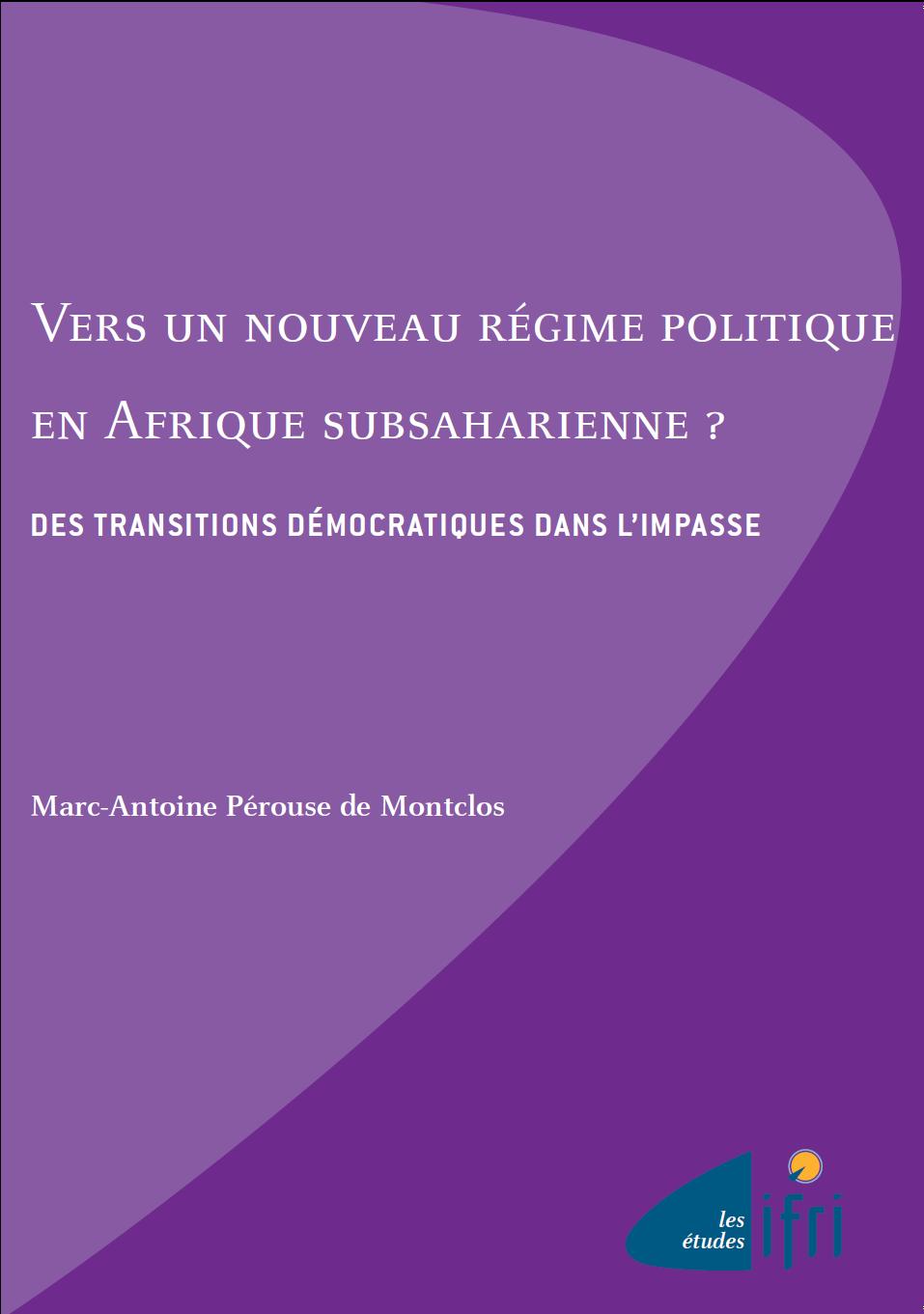Sub-Saharan Africa
Sub-Saharan Africa is not monolithic. While crises in the Sahel have attracted a great deal of attention, other regions also need to be monitored, and not just through the prism of security.
Related Subjects

Claiming "The People": Youth Booms, Ailing Authoritarians and "Populist" Politics in Kenya, Uganda, and Tanzania

This study analyses the emergence of so-called “populist” political tendencies in three East African countries: Kenya, Uganda and Tanzania. It builds its analysis on a wider discussion of the term “populism”, its use and applicability in (eastern) African settings before going on to examine the drivers of three cases of populism: William Ruto’s 2022 election victory in Kenya and the “Hustler Nation”; Bobi Wine’s opposition to Yoweri Museveni in Uganda; and John Magufuli highly personal style of government in Tanzania.
The Financial Challenges of the Sub-Saharan Africa Telecoms Boom
Telecom industry has taken a significant place within of the economy of most African countries. In this aspect, it is an undeniable source of economic growth and development. It impacts on the financial sphere at three levels.
ICT and Health Systems in Africa
An increasing number of projects in the health sector in Africa draw on Information and Communication Technologies (ICT).

Towards A New Type of Regime In Sub-Saharan Africa: Democratic Transitions but no Democracy
Sub-Saharan African hopes of democratization raised by the end of the cold war and the decline in the number of single party states are giving way to disillusionment. Today, even countries such as Senegal and South Africa, reputed for their democratic nature, are threatening to veer towards authoritarianism.
"Hunger Riots" in Senegal: A Pointer to the Current Governance Failure
"Hunger riots", a stock phrase used to describe protests at the end of 2007 / beginning 2008 in around thirty countries world-wide, mostly African States, places different phenomena into one group. In this paper, we will focus on the case of Senegal, a country in which "Hunger riots" were numerous.
Violence in the Bush: How International Peacebuilding Faces Land-use Conflicts
Following the conflict in Ituri (1999-2003), the International Community deployed different peacebuilding programs in this north-eastern district of the Democratic Republic of Congo (DRC). Built around a concept of democratic transition at the national level, these programs have not always acknowledged the scale of local conflicts and the fragility of local institutions, which are both the targets and the relay of such programs.
The Financial Challenges of the Sub-Saharan Africa Telecoms Boom
Telecom industry has taken a significant place within of the economy of most African countries. In this aspect, it is an undeniable source of economic growth and development. It impacts on the financial sphere at three levels.
Arabs and Tuaregs in Colonial and Malian Armed Forces: A Story in Trompe-l'Oeil
This contribution consists in analyzing the unifying or opposing relations between the central State-power and the southern part of central-Saharan populations, mainly Arabs and Tuaregs, within the relational framework of colonial and Malian armed forces.
Rural Land Issues as a factor of crisis in Sub-Saharan Africa: South Africa, Côte d'Ivoire, Kenya
From Thabo Mbeki to Jakob Zuma: What Will the New Vision for South Africa Be?
Identity-based Mobilizations in Contemporary Africa: The Question of Autochthony
Support independent French research
Ifri, a foundation recognized as being of public utility, relies largely on private donors – companies and individuals – to guarantee its sustainability and intellectual independence. Through their funding, donors help maintain the Institute's position among the world's leading think tanks. By benefiting from an internationally recognized network and expertise, donors refine their understanding of geopolitical risk and its consequences on global politics and the economy. In 2025, Ifri supports more than 80 French and foreign companies and organizations.









